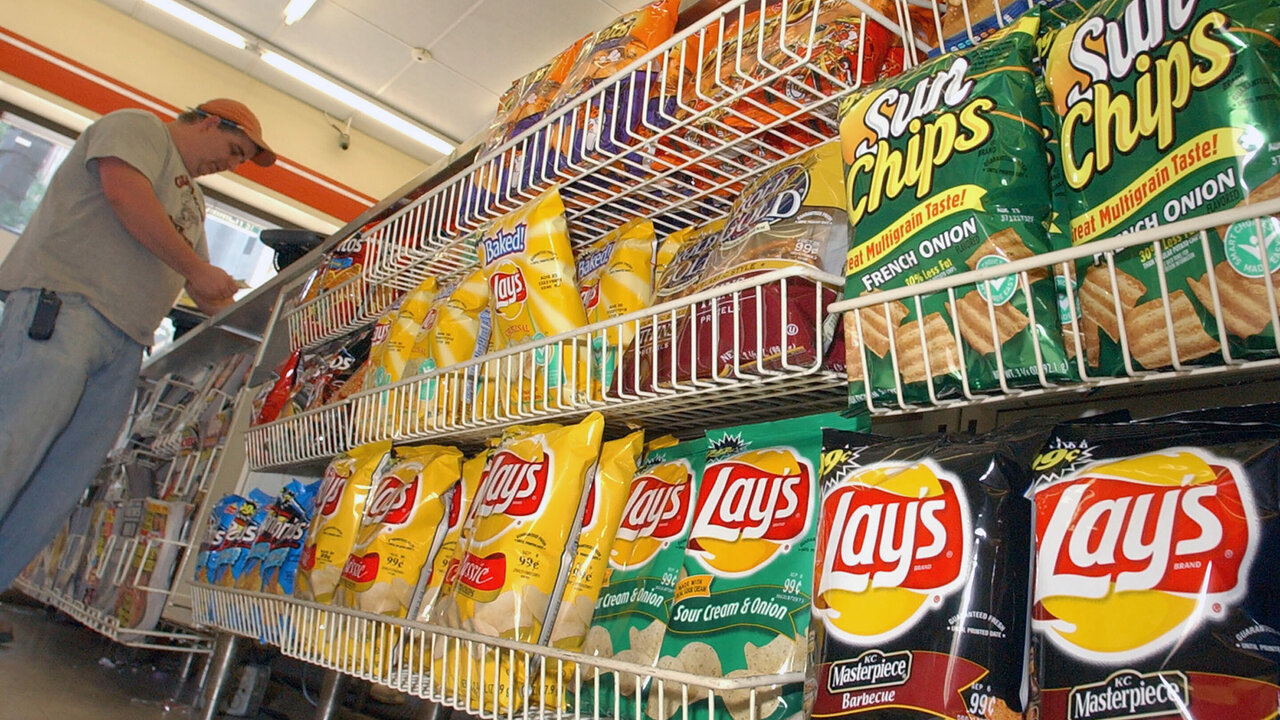Ultra-processed foods make up about 60% of the U.S. diet. These include frozen pizza, sugary cereals, etc. For children and teens, these types of foods make up about 2/3 of what they eat.
This is concerning because studies have linked ultra-processed foods to a range of negative health effects, including obesity, diabetes, heart disease, depression, and senile dementia. A recent study found that such foods may increase the risk of premature death.
But nutrition science is complex. So far, scientists have mostly found only associations, not evidence, about the health effects of eating ultraprocessed foods.
In fact, the level of processing alone does not determine whether a food is healthy. For example, tofu, yogurt, whole grain bread, and baby food are highly processed but still very nutritious.
Additionally, studies that suggest that diets high in ultra-processed foods are associated with adverse health effects do not fully explain why these foods are harmful to the body. Perhaps this harm is related to the products themselves, or perhaps to people’s lifestyles.
Ultra-processed foods tend to contain more sodium, saturated fat and sugar, and less fiber and protein, but it’s unclear whether these nutrients are the driving force behind the negative effects these foods have on the body.
A 2019 study found that participants on an ultra-processed diet consumed around 500 more calories per day than those on an unprocessed diet. They also gained 1kg over the study period, compared to the 1kg lost on the unprocessed diet.
In general, the range of ultra-processed foods is very wide. Instead of rejecting them, it is better to pay attention to the content of the food.
News materials are not equivalent to a doctor’s prescription. Consult a specialist before making a decision.
Source: Ferra
I am a professional journalist and content creator with extensive experience writing for news websites. I currently work as an author at Gadget Onus, where I specialize in covering hot news topics. My written pieces have been published on some of the biggest media outlets around the world, including The Guardian and BBC News.












